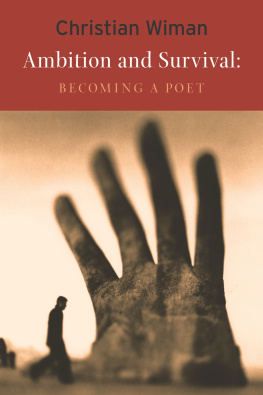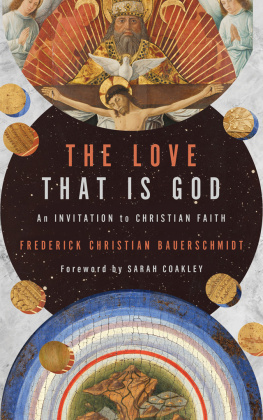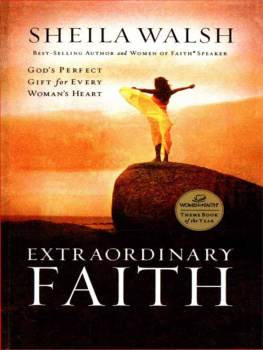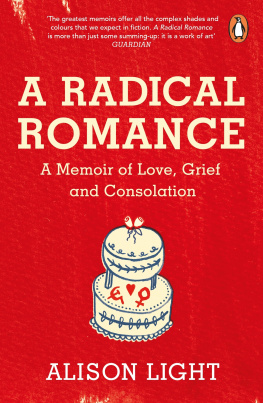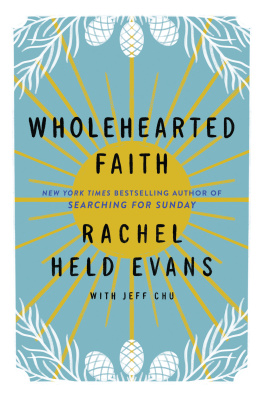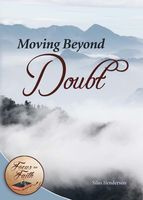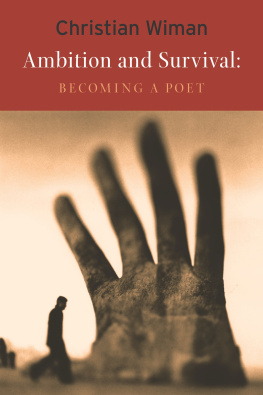Contents
Landmarks
Pagebreaks of the print version

The author and publisher have provided this e-book to you for your personal use only. You may not make this e-book publicly available in any way. Copyright infringement is against the law. If you believe the copy of this e-book you are reading infringes on the authors copyright, please notify the publisher at: us.macmillanusa.com/piracy.
FOR DONALD HALL
The world does not need to come from a god. For better or worse, the world is here. But it does need to go to one (where is he?), and that is why the poet exists.
JUAN RAMN JIMNEZ
I stayed up late last night reading the letters of A. R. Ammons, who for years sowed and savored his loneliness in lonely Ithaca. Keep Ithaka always in your mind, wrote Constantin Cavafy, Arriving there is what youre destined for. And he did, Ammons, keep that mythical Ithaka in his mind, which is to say in his poems, decade after decade of diaristic ramblings that are as flavorless as old oatmeal this morning, as null and undifferentiated as deep spacethen lit up suddenly by a meteoric masterpiece that must have surprised the workaday writer as much as it does the fatigued reader. It is heroic and it is pathetic, like the life of any real writer, I suppose, all the waste space one fills as one can, some with silence, which is often excruciating for the writer, some with noise, which passes that agony along to the reader. And all for what? Those moments of mysterious intrusion, that feeling of collusion with eternity, of life and language riled to the one wild charge:
THE CITY LIMITS
When you consider the radiance, that it does not withhold
itself but pours its abundance without selection into every
nook and cranny not overhung or hidden; when you consider
that birds bones make no awful noise against the light but
lie low in the light as in a high testimony; when you consider
the radiance, that it will look into the guiltiest
swervings of the weaving heart and bear itself upon them,
not flinching into disguise or darkening; when you consider
the abundance of such resource as illuminates the glow-blue
bodies and gold-skeined wings of flies swarming the dumped
guts of a natural slaughter or the coil of shit and in no
way winces from its storms of generosity; when you consider
that air or vacuum, snow or shale, squid or wolf, rose or lichen,
each is accepted into as much light as it will take, then
the heart moves roomier, the man stands and looks about, the
leaf does not increase itself above the grass, and the dark
work of the deepest cells is of a tune with May bushes
and fear lit by the breadth of such calmly turns to praise.
I met him once, thirty years ago. I was an undergraduate at Washington and Lee University in Virginia, where I was a member of the last all-male class in the schools two-hundred-and-fifty-year history. (It was also, I later learned, the worst class in the schools two-hundred-and-fifty-year history.) I had arrived alone from far West Texas in my midnight-blue T-topped screaming-eagle Trans Am, which would hit a hundred and thirty miles an hour for anyone young enough or fool enough to do it, and which I sadly but promptly sold to pay for books, boxer shorts (Id never seen such a thing before), booze, food.
That was always an urgency then: money. I delivered the Richmond Times-Dispatch on foot, 6:00 a.m., seven days a week. I worked in the university news office and in the dining hall, served as food manager for a fraternity, strung tennis rackets many evenings in the gym. In one particularly needy season, together with another student who had the means to be the bank (I was the muscleor, more accurately, the nag), I ran a gambling line for professional football, posting our hieratic odds on the doors of dorms and fraternities and sitting all afternoon dipped in a sort of existential ant bed, feeling the stings of defeat in every other play. It was mortifying at times, but in the way of American intellectuals whose accomplishments are rooted in real dirt, I have made a badge of my embarrassments, and any shame of monetary or mental unfitnessI vividly remember the vertiginous instant that a dean with a patrician mane and mien pointed out to me that my beloved Robert Ludlum books were not literaturehas faded into an ironic attribute, like distressed furniture.
I was a virgin when I heard Ammons read. A virgin of poetry readings, I mean, though the experience was probably more memorable and momentous than the other one. It occurred to me that Ammons might have been equally innocent, and equally confused, as ten minutes into his reading he suddenly stopped and said, You cant possibly be enjoying this, then left the podium and sat back down in the front row. No one knew what to do. Some people protested from the pewswe were in a place that had pewsthat they were in fact enjoying it, though the voices lacked conviction and he didnt budge. Finally the chair of the English Department (another mane, another mien) cajoled the poor poet into continuing. Ammons mumbled on for another fifteen minutes before the cold mortification of the modern poetry reading, and the beer-lacquered bafflement of press-ganged undergraduates, did him in. Enough, he muttered finally, and thudded his colossal body down beside his wife like the death of faith itself.
* * *
W HEN I LEFT COLLEGE and set out to be a poet I thought of nothing but writing a poem that would live forever. Thats just how I phrased it: live forever. It seemed to me the only noble ambition, and its fumes were evident in my contempt for the lesser aims I sniffed out in other writers. It was, I suppose, a transparent attempt to replace the soul with the selffor all the talk of the extinction of personality, I suspect there is no artist who does not cling to the belief that something essential of himself inheres in his artand it was the first casualty of Christianity for me. People tend to think that Christians feel rescued from death, and perhaps some do (I dont), but first there comes the purge. Nothing survives, I suddenly realized. Dante, Virgil, even sweet Shakespeare, whose lines will last as long as there are eyes to read him, will one day find that there are no eyes to read him. As a species, we are a microscopic speck of existence, which, I have full faith, will one day thrive without us.
Still, abstract oblivion is a small shock as shocks go. When over lunch one day my friend and then poet laureate Donald Hall turned his Camel-blasted eighty-year-old Yeti decrepitude to me and said as casually as he bit into his burger, I was thirty-eight when I realized not a word I wrote was going to last, I felt a galactic chill, as if my soul had chewed tinfoil. I was thirty-eight. It was the very inverse of a calling, an ex post facto feeling of innocence, deaths echo. In a flash I knew it was true, for both of us (this is no doubt part of what he was telling me), and yet the shock was not in that fact but in the nearly fifty years of further writings Don had piled on top of that revelation. Poetry abandoned me, he writes in his little masterpiece Essays After Eighty , the compensatory prose of which is so spare and clear it seems inscribed on solitude itself. If there were any justice in the world, this book would be read by my great-great-great-granddaughter as she gets ready to die. But of course there is no justice in the world.
They will put my body into the ground.
Chemistry will have its way for a time,
and then large beetles will come.
After that, the small beetles. Then
the disassembling. After that, the Puccini


